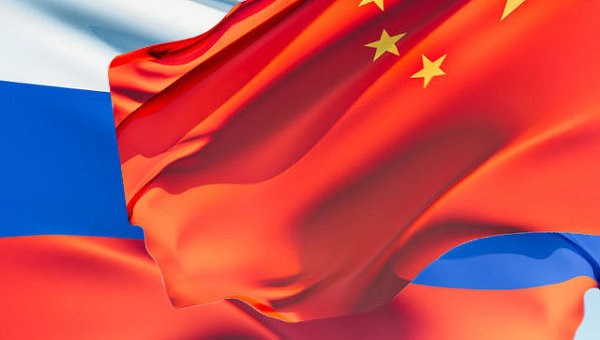China rejects transition to settlements in national currency with Russia
The redirection of Russia’s economic policy to the East, announced after the annexation of Crimea and the sharp deterioration of relations with the West, has ended up as a wake-up call.
The attempt to get China involved in de-dollarization and to formalize the transition to reciprocal trade in national currencies has not been successful.
China refused to sign the intergovernmental agreement to settle in national currencies that was drafted in 2014 and already considered a “done deal” by Russian officials.
“We have moved away from this format at China’s suggestion,” Russian Finance Minister Anton Siluanov said on Tuesday.
According to him, options such as an agreement or even a memorandum of understanding have been discussed. However, the only agreement reached has been “to negotiate along the lines of national banks, the Chinese Ministry of Commerce and the Russian Finance Ministry”.
Nevertheless, settlements with China in national currencies have been growing even without an agreement, Siluanov emphasized. According to the Bank of Russia, dollars are used for only 73.6% of import deals from China, as opposed to 85% three years ago.
In Russia’s export contracts to China, the share of dollar settlements is higher and virtually unchanged at 88%.
This creates serious problems for Russia: due to the threat of sanctions, roughly 30% of all dollar payments by Russian companies are delayed or suspended, and the rest are through counterparts in Asia, Siluanov noted.
Sometimes payments take up to three months. “It is easier to get settlements with American companies than with Asian ones, because there is a procedure there for agreeing on the possibilities of such settlements,” the minister explained.
Officially, China has not yet imposed any formal sanctions on Russia, but its banks have de facto joined the financial restrictions imposed by the US and EU: they refuse to carry out foreign currency operations with Russian banks, and have significantly reduced their involvement in foreign trade deals, especially in trade financing, deputy chair of VTB Bank Yuri Soloviev complained as early as 2015.
For three years, Russia has been unable to break the impasse. Chinese banks delay transfers to the accounts of Russian banks, or even outright refuse to make payments, complained Vladimir Danilov, chief representative of the Bank of Russia to China, in September 2018.
“The problems are related to the expanded interpretation by a number of Chinese banks of third countries’ restrictive measures,” he explained: even transactions by companies that are not under sanctions are blocked.
Russia’s hopes for Chinese investors have also come to nothing. According to central bank data, the amount of direct foreign investments from China has declined for four consecutive quarters, and plummeted by 24% between January and June 2018.
By the end of the first semester of 2018, Chinese investors had withdrawn $1 billion from the real sector of the Russian economy, and their total investment in the country dropped to $3.18 billion, nearly one third less than before the annexation of Crimea ($4.54 billion).
